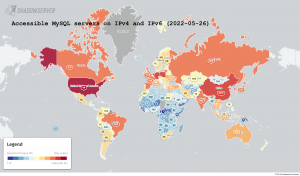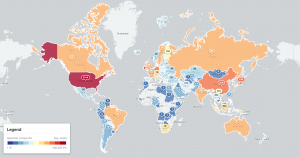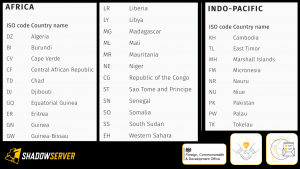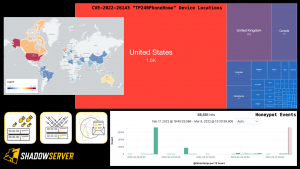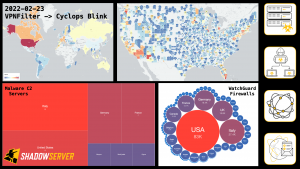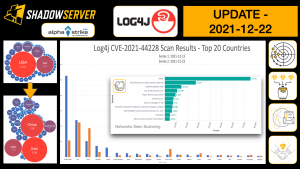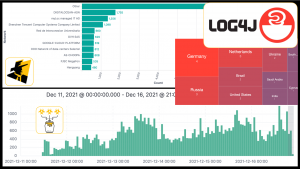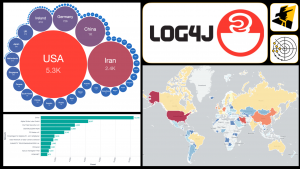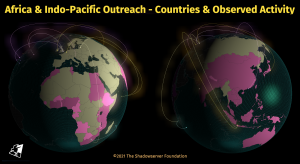March 8, 2022
A new reflection/amplification distributed denial of service (DDoS) vector with a record-breaking potential amplification ratio of 4,294,967,296:1 has been abused by attackers in the wild to launch multiple high-impact DDoS attacks. Attacks have been observed on broadband access ISPs, financial institutions, logistics companies, gaming companies, and organizations in other vertical markets. Security researchers, network operators, and security vendors Akamai SIRT, Cloudflare, Lumen Black Lotus Labs, Mitel, NETSCOUT Arbor ASERT, TELUS, Team Cymru, and The Shadowserver Foundation formed a task force to investigate the new DDoS vector and provide mitigation guidance. Vendor Mitel has released software patches which disables the abusable test facility and are actively engaged in remediation efforts with their customers. Vulnerable device information is available through Shadowserver's free daily network reports.



